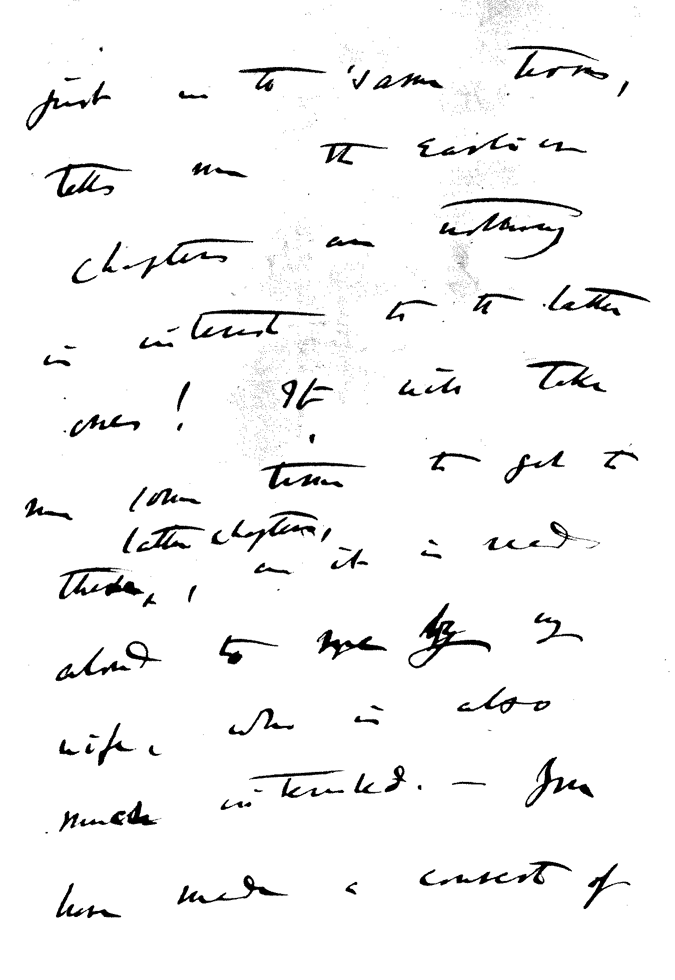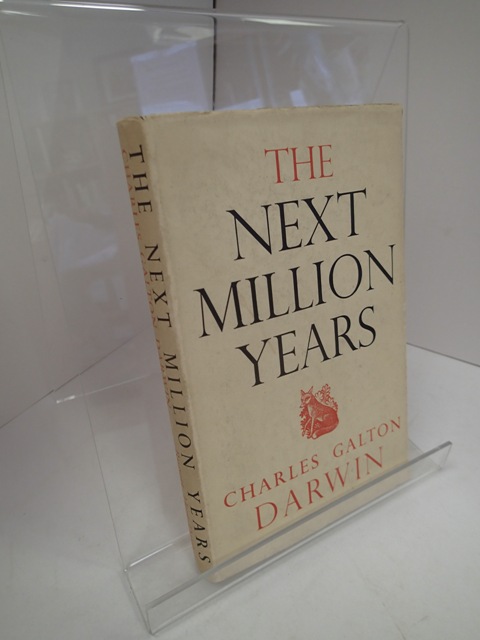
He tried to determine a linear prediction formula for the velocity of the wind, given the pressure, temperature, and humidity. Several other papers followed, in which he was clearly feeling his way toward the concepts of correlation and regression. He coined the name “anticyclone” for such systems in 1863. He started to plot wind and pressure maps and noted, from very scanty data, that centers of high pressure are associated with clockwise directions of winds around the calm center. Galton’s first piece of fruitful research was on the weather. There were signs that his scientific curiosity was developing in new directions, since in Vacation Tourists and Notes of Travel (1861–1864), which he meant to be an annual magazine, there is a description of the eclipse of the sun in 1860, with a drawing of the curved rays of the corona that he had observed. As might be anticipated, Galton’s first publication was on exploration, and in 1855 The Art of Travel was published. After an extended honeymoon tour of Europe, punctuated by visits to England, the Galtons finally settled in London, and in 1855 Galton really began to work.Įarly publications.

Early in 1853 he met Louisa Butler and married her in August. This award was followed in 1854 by a silver medal from the French Geographical Society. He returned to England early in 1852 and read a paper to the Royal Geographical Society, which awarded him its gold medal the following year. He composed 15 brief laws for the Hottentot chiefs who governed the Damaras of the plain and compiled a rudimentary dictionary for the English who wished to use the local tongue. In 1850 Galton set off for the Cape and spent two years upcountry exploring from Walvis Bay to Lake Ngami, territory of which little was known. It was not until after four years of idleness in England that he set out on a trip to tropical Africa, the results of which showed that he had come to terms with life and with himself. He had not yet thoughts of the language, habits, or archaeology of the people he mingled with” ( ibid., p. After his father’s death he set off again for Egypt, Khartoum, and Syria, but he “was still touring for the boyish fun of movement and of new scenes. Even before going to Cambridge, Galton had taken an extended trip down the Danube and on to Smyrna, which had perhaps awakened the young man to the delights of foreign scenes and strange peoples. It was after these fallow years, as Pearson called them, that Galton carried out the explorations for which he was later awarded the gold medal of the Royal Geographical Society in 1853. He found himself the possessor of a more than adequate income and proceeded to spend his time and energy “hunting with a set chiefly noteworthy for their extravagance and recklessness …the strange thing that it seemed to absorb his whole nature, and to be done not for the sake of the experience, but in the pure pursuit of occupation” (Pearson 1914-1930, vol. When his father died in 1844, Galton immediately forsook any idea of continuing his medical career. In spite of his interest in mechanics and mathematics, he was not successful in his Cambridge studies.

He did not enjoy school, however, nor did he find the profession of medicine, which was chosen for him, congenial. His mental development is interesting: he is credibly reported to have read a simple book before he reached the age of three, and his restless ingenuity with regard to machinery dates from his early youth. One of Erasmus Darwin’s grandsons through his first wife was Charles Robert Darwin there was a certain physical resemblance between the two cousins. His mother, Violetta Darwin, was the daughter of Erasmus Darwin by his second wife. Galton’s father, Samuel Tertius Galton, was a banker. In 1840 he entered Trinity College, Cambridge, as a mathematics student, but was content to take a poll degree in 1843, when his health broke down. He spent two years as a medical student, the first at the General Hospital, Birmingham and the second at King’s College, London. In 1835, at the age of 13, he entered King Edward’s School at Birmingham, where he stayed for two years. He was educated successively at home, at a dame school, at Boulogne, and at Kenilworth. Francis Galton was born in 1822 and died in 1911.


 0 kommentar(er)
0 kommentar(er)
